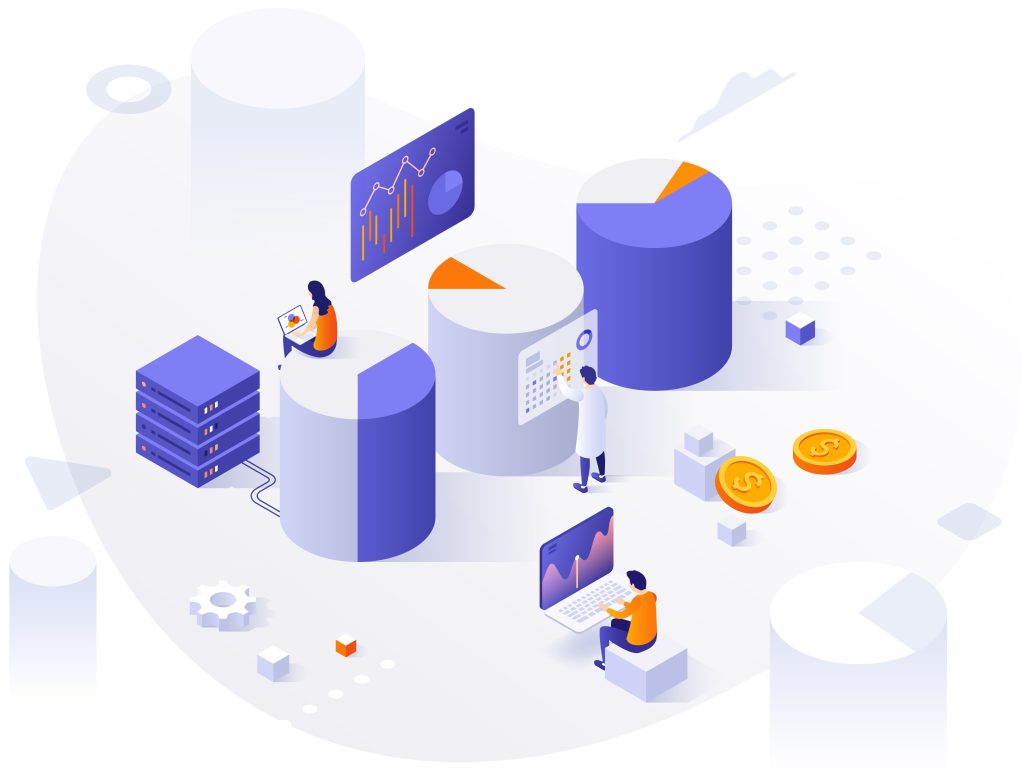"Driving change through data-driven insights"

Data science technology has revolutionised data collection, processing and analysis processes.
Businesses and organisations utilising large amounts of information require insight and predictions using this discipline as they manage massive datasets.
Data science technologies enable us to predict customer behaviours and optimise supply chain operations, shaping how we operate and make decisions.
Data Science Technology uses advanced analytical methods, algorithms and machine learning techniques to gain insight from structured and unstructured data sources; it collects, cleans, analyses, interprets and presents complex information using various tools and methods to aid firms with making informed decisions, improving operations and attaining competitive advantage.

Let Us Know
Data science is an interdisciplinary field that encompasses data analysis using scientific methods, procedures, algorithms and systems derived from mathematics, computer science and information sciences, using statistics, machine learning techniques, as well as mathematical sciences such as machine learning to build prediction models or other tools designed to assist businesses or organisations, make choices more effectively.
Data Science can be applied across many sectors, such as healthcare, finance, marketing and transportation; its usage requires various skill sets that expand with each day of collected information.
New Trends
Data science has expanded significantly with rising data volumes and technological innovations; data volumes are constantly expanding thanks to the internet, social media, and IOT devices.
Machine learning enlists algorithms to analyse data and make predictions or judgments; its application spans healthcare, banking and retail and has grown increasingly popular.
Massive volumes of information are generated daily, requiring specialist tools and methods for analysis and comprehension.
Predictive analytics uses historical data, statistical algorithms, and machine learning techniques to predict future results; many sectors use predictive analytics to make educated decisions and increase business results.
Ethical considerations

Privacy and data security must always come first when collecting, storing and analysing data; protecting personal information against illegal access, use, or disclosure is paramount.
Avoid bias and discrimination when making data-driven judgments; decisions must be based on population-representative information that does not discriminate.
Transparency: Individuals should have visibility over data collection, storage and use. Data should provide clear and direct insights for analysis and decision-making processes.
Responsibility: Decision makers relying heavily on data should be held responsible and explain and provide proof for their choices.
These ethical considerations can assist individuals and organisations alike to make data-driven decisions that are equitable and respectful of individual rights and interests.
Benefits
Data science can assist companies in understanding consumers' wants and preferences to provide more tailored and meaningful experiences; companies may improve marketing efforts, products or services by using customer data analysis to meet consumer demands.
Data science gives companies an advantage in today's fast-changing markets by helping organisations react more quickly by analysing data and employing predictive analytics to make decisions based on past market conditions and anticipate changing ones.
Data science helps firms detect and mitigate risks more effectively, improving decision-making while avoiding expensive errors; by exploring data, organisations may uncover patterns or trends that indicate possible hazards and take preventative steps against such risks.
© hackuniwiziqxt All Rights Reserved 2024
